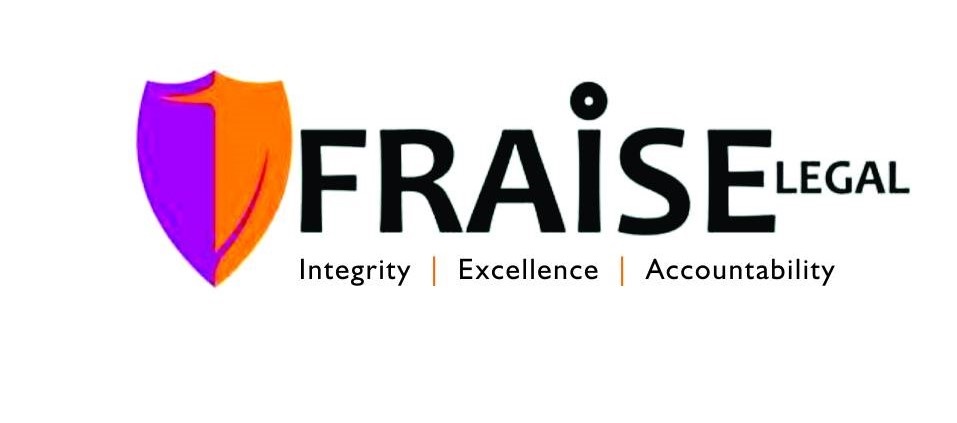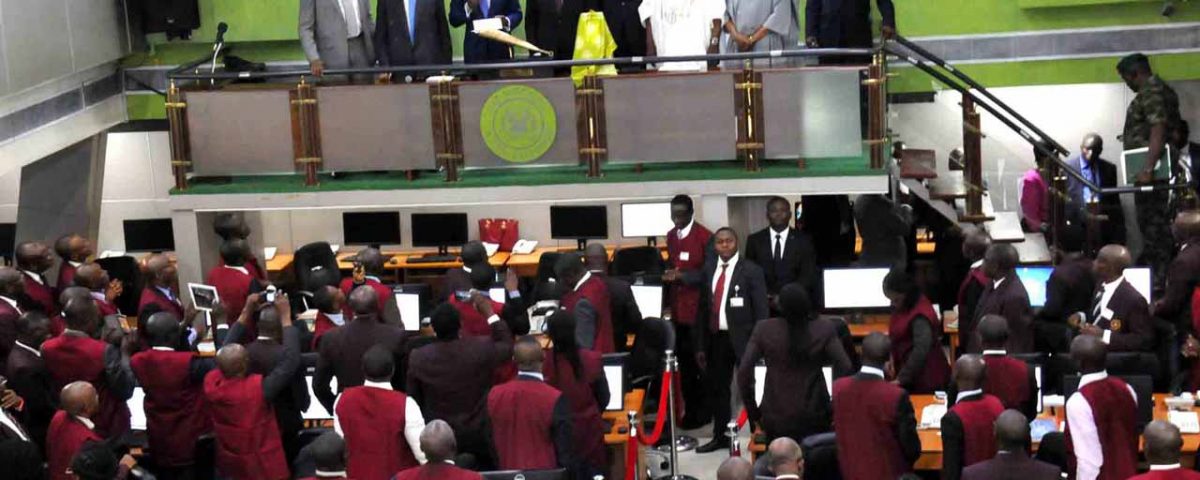The Nigeria Stock Exchange [NSE] is the ideal destination in terms of equity capital for companies with sound corporate fundamentals.
These companies must be imbued with a growth mentality and a genuine desire to compete on a global stage. Getting listed on the NSE is like getting into an exclusive club, which explains the number of publicly traded companies on the Exchange – 71, as at August 10 2018.
Though there are only 71 at this point in time, the conditions for being enlisted on the NSE are not so daunting for brands that have made corporate governance their watchword.
The first recorded enlistment of a capital market-like financial transaction in Nigeria was in 1946 – “the flotation of a 300,000 pounds bond by the colonial government to implement its 10-year development plan.” More than 70 years on from that epochal event, the Nigeria Capital Market has grown to a valuation of over N13 trillion by August 3, 2018, with more than 70 companies listed and being traded – both local and foreign.
The CEO of the NSE, Oscar Onyema was reported by the Punch Newspaper, after the recent admission of Notore Chemical Industries Plc. onto the main board of the NSE, to have stated that “We encourage more local players to explore the different opportunities in the capital markets for raising long-term capital.”
Listing on the main board of the Nigeria Stock Exchange has 3 standards i.e. Standards A, B and C with each standard having its own degree of compliance in relation to a specific requirement[1]. Consequently, the requirements of listing on the main board of the Nigeria Stock exchange are set out below with the corresponding degree of compliance under Standards A, B and C.

